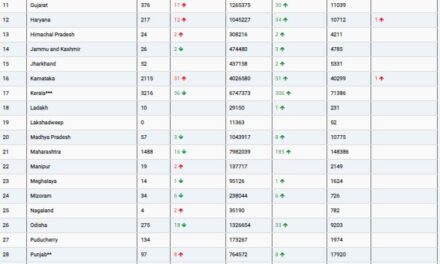As the reliance on apps for food purchases among young people continues to rise, a new study has sounded a warning about the absence of nutritional information on most advertised items in online food delivery menus, potentially hindering consumers’ ability to make healthy choices.
Researchers from the University of Sydney delved into the menus of major online food delivery platforms and apps, uncovering a concerning trend regarding the availability of nutritional data.
Their investigation revealed that less than 6 per cent of menus from food outlets on popular online food delivery apps such as UberEats, Menulog, and Deliveroo provided complete nutritional labelling.
The study, published in the journal Public Health Nutrition, involved the review of 482 menus from these platforms, shedding light on a significant gap in information crucial for making informed dietary decisions.
Lead study author Sisi Jia highlighted the tangible impact of menu labelling on consumers’ choices. “There are multiple studies that show menu labelling having real-world impact; consumers who were provided with nutritional information selected meals with significantly lower energy content,” Jia stated.
Despite the increasing demand for food delivery services, the implementation of menu labelling on online platforms remains uncertain, emphasized Jia from the Charles Perkins Centre and Susan Wakil School of Nursing and Midwifery at the University of Sydney.
The surge in the use of online food delivery services, particularly evident during the pandemic, has made it more convenient for individuals to order food. However, the researchers pointed out that this convenience may come at a cost, as online food delivery makes it easier for people to purchase items of low nutritional quality.
The findings underscore the importance of enhancing menu labelling standards on online food delivery platforms to empower consumers with the information necessary to make healthier choices amidst the growing trend of digital food purchasing.
Efforts to address this issue could contribute significantly to promoting public health and supporting individuals in maintaining balanced and nutritious diets, especially in an era where online food delivery plays an increasingly prominent role in daily life.











